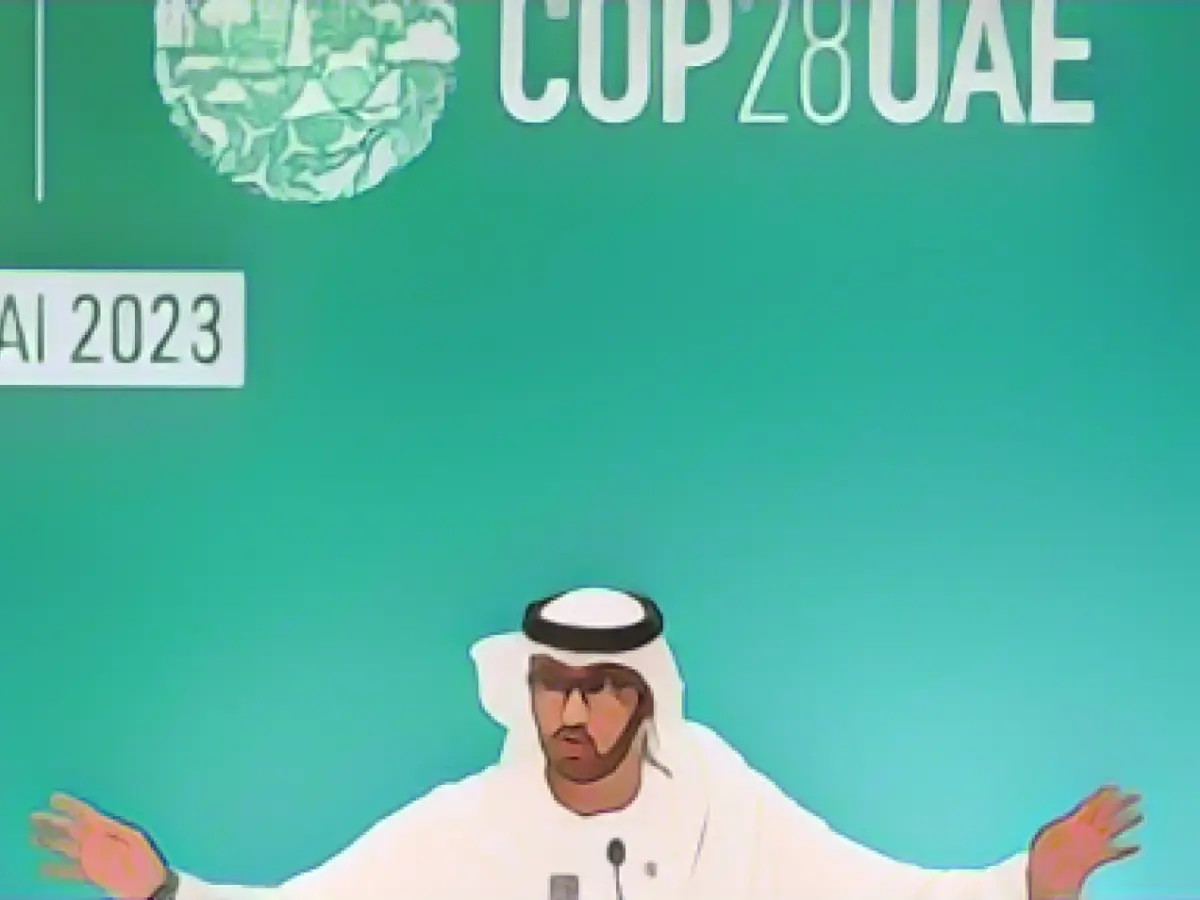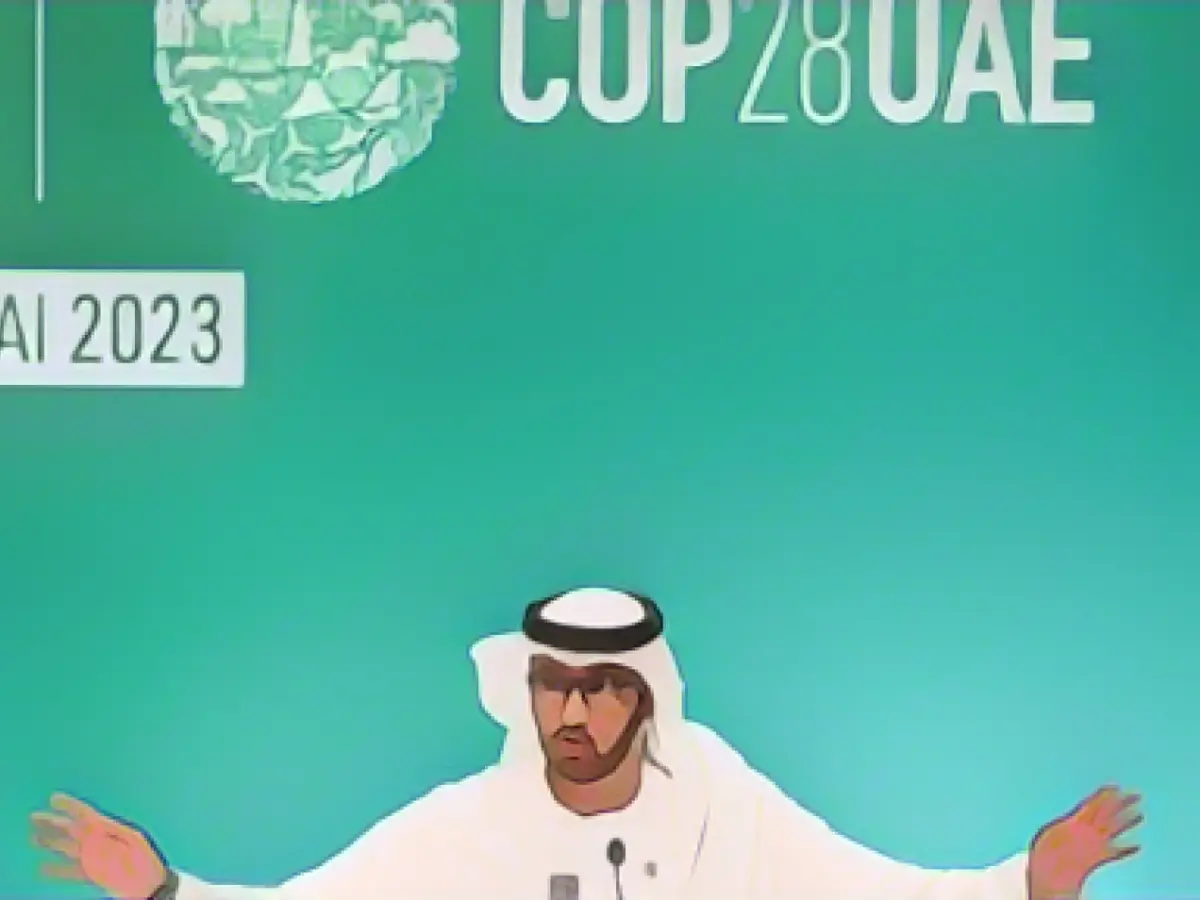In a significant development at the world climate conference, a new draft resolution is pushing for a shift away from fossil fuels in energy systems. The resolution, if adopted, would be the first at a UN climate conference to address the future of all fossil fuels, including oil, gas, and coal. Previous drafts had only suggested a reduction in the extraction and use of fossil fuels, but this new version goes further, incorporating plans for a transition up to 2030.
The revised resolution recognizes the need to "accelerate" climate protection measures in this "crucial decade" to achieve global climate neutrality by 2050. It also acknowledges the importance of "transitional energies" for energy security, a nod towards the role of natural gas as a less damaging energy source than oil.
Originally, the two-week UN Climate Change Conference in Dubai (COP28) was set to end on Tuesday. However, the initial draft resolution presented by the Emirati COP presidency was rejected by a large majority, including the EU states, the USA, Brazil, and small island states. These nations opposed the vague draft resolution as it did not clearly address the future of fossil fuels.
The earlier version only provided for a reduction in the extraction and use of fossil fuels. The revised draft, now presented, takes into account this crucial decade for a climate-friendly transition. The text is part of the central text of the so-called Global Stocktake, which reviews the implementation of national climate targets every five years as part of the Paris Climate Agreement.
If adopted, the new resolution would mark a significant shift in global policy, paving the way for other world climate conferences to follow suit. The USA and several other nations, including EU states, Brazil, and small island states, had previously opposed similar resolutions at the UN climate conference.
However, even with these improvements, critics from NGOs like Greenpeace and WWF Germany demand more binding commitments and a clear signal for the end of coal, oil, and gas. They argue that the ongoing reliance on fossil fuels, even as a transitional energy source, undermines the global effort to combat climate change.
In a bid to gain support, the COP28 President Sultan Ahmed al-Jaber has convened the conference plenary to vote on the revised draft resolution quickly. If passed, the resolution could put an end to the unscrupulous actions of the oil and gas industry and encourage a transition towards cleaner forms of energy.
Oxfam climate expert Jan Kowalzig has criticized references to natural gas as a transitional solution and the controversial technologies for capturing and storing climate-damaging CO2 as a pretext for the continued use of fossil fuels. He also expressed disappointment that the text contained "no concessions and hardly any progress" on climate financial aid for developing countries.
Despite these criticisms, the revised draft resolution for the UN climate conference in Dubai brings forth calls to phase out fossil fuels and transition to cleaner forms of energy, such as renewables. This new draft resolution is a significant improvement from its initial version, but critical voices from climate activists and NGOs urge for stronger commitments and clearer signals towards a fossil-fuel-free future.








